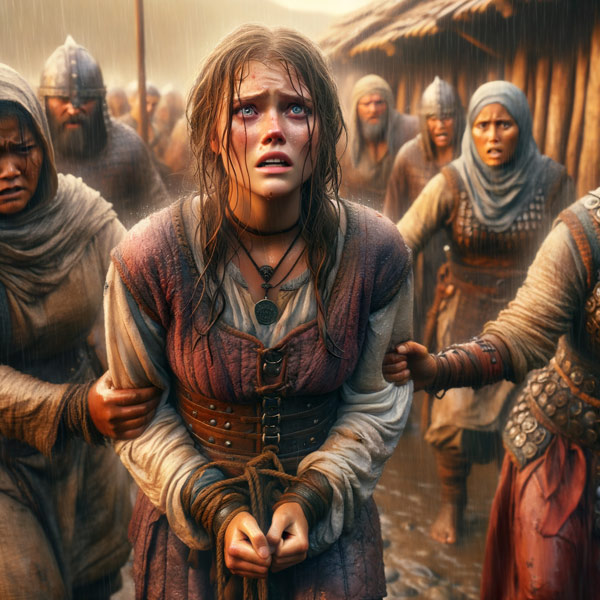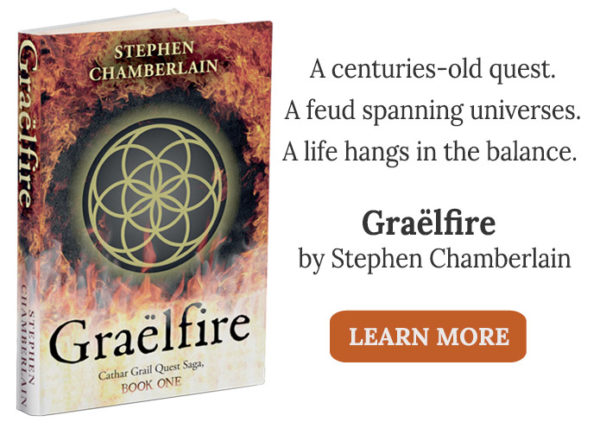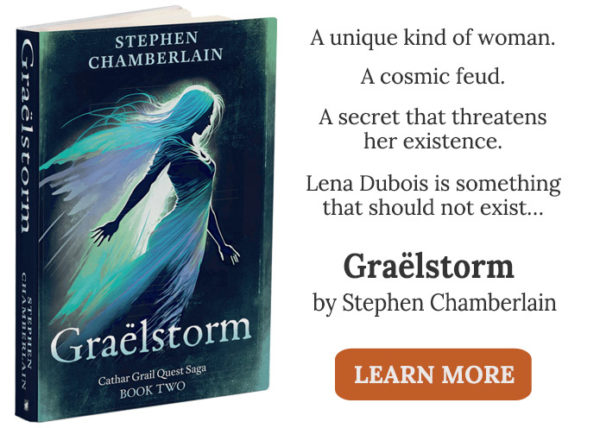“Fiction gives us empathy, it puts us inside the minds of other people, gives us the gifts of seeing the world through their eyes.” – Neil Gaiman
In a world that often feels divided, empathy is a trait that bridges gaps between people. It opens us up to seeing and understanding differences; it helps us overcome prejudices and work towards cooperation. Empathy is more than just feeling sympathy for someone, it’s about feeling with them. Sympathy is expressing care and concern without necessarily feeling what other people feel. Empathy allows us to step into someone else’s shoes and share their thoughts and experiences—to see things how they see them, even when we don’t agree or have much in common. Fiction allows us to observe empathy in action and experience it firsthand.
Hallmark of Heroes
Think of some of the most iconic heroes from books and movies. Chances are, they’re not just bold or brave—they’re also empathetic. Empathy allows them to connect with others and act for the greater good, making their efforts more meaningful. Sure, a hero may outwit their opponents or excel in battle, but it’s their ability to relate to people that sets them apart from mere action figures.
Take Katniss Everdeen from The Hunger Games. Her mission isn’t just about her own survival; it’s fuelled by her empathy for the oppressed people of Panem, such as Rue, her sister Prim, and friend Peeta. Katniss is not battling for personal gain—she’s leading a rebellion for freedom and an end to tyranny. We care about her not just because she’s skilled with a bow, but because her empathy inspires her to a higher cause that the audience can root for.
If a hero lacks empathy, they may turn into a self-centred egomaniac, driven solely by personal ambition. For instance, in the earlier phases of the Marvel Cinematic Universe, Tony Stark (Iron Man) is driven by his own ego, wealth, and personal glory. His selfish tendencies create tension between other Avengers, and he often struggles to put the needs of others before his own desires.
Balancing the Dark Side
Fiction also reminds us that no one is perfect. Even its most famous heroes have their flaws. Many are on a mission to achieve something great, but while ambition can be a powerful motivator, if not kept in check, it can foster negative traits like greed or corruption. This is where empathy comes into play—it acts as a balancing force, helping heroes maintain their moral compass.
In The Lord of the Rings, Frodo Baggins shines as a beacon of empathy. He takes on the perilous task of bearing the ring to Mount Doom, not for any personal glory, but to destroy it for the greater good—protecting his friends and the Shire from the dark forces seeking it—even though he doubts his own strength. His empathy towards Gollum is a key part of the journey. Even though he knows Gollum is untrustworthy, he understands the corrupting power of the ring as he shares the same burden and fears the same fate. This empathy helps guide Frodo, even in his moments of weakness.
A further example is Geralt of Riva in The Witcher. A monster hunter with a complex moral code and empathetic nature, he is more than just a pitiless slayer. He understands the suffering of both humans and monsters, recognizing that many are victims of tragic circumstances. This humanizes him as a character, setting him apart from villains like Lord Voldemort from Harry Potter, who doesn’t have an empathetic bone in his body and will eliminate anyone or anything that stands in his way.
Essence of Leadership
Empathy not only makes heroes more relatable; it makes them better leaders. Heroes are often tasked to command others, whether it’s a small band of comrades or an entire nation. Strength and strategy are essential, but it is empathy that sets exceptional leaders apart. An empathetic hero understands those they lead. They know what their followers are going through and understand how to inspire them.
Uhtred of Bebbanburg from The Last Kingdom exemplifies what it means to be an empathetic leader. A fierce warrior in a brutal world, what makes Uhtred a great hero isn’t just his combat skills—it’s his ability to empathize with people from different backgrounds. Born a Saxon but raised by Danes, Uhtred’s unique upbringing allows him to understand both cultures, which helps him navigate conflicts that others see as impossible to solve. Warriors like Sihtric, Finan and Osferth stick by him out of trust, not fear, confident he gets what they’re dealing with and cares about their well-being. Uhtred’s empathy for them is forged through shared experiences. It transforms him from a formidable fighter into a leader who is both admired and respected. In contrast, King Alfred’s leadership is more strategic and focused on political goals. A Machiavellian character, his decisions often appear detached, prioritizing the kingdom’s stability over any individual’s feelings.
Reading Fiction
Empathy makes fictional heroes like Katniss, Frodo, and Uhtred inspiring, not just brave or strong; it drives them to fight for causes greater than themselves and make sacrifices for others. But fiction doesn’t just show us what empathy looks like; it lets us experience it, even if it’s something that doesn’t come naturally to everyone.
According to Geoff Kaufmann, associate professor at Carnegie Mellon University, “…deep connections with characters in fictional worlds can be an effective means of increasing empathy and reducing prejudice.”
When we lose ourselves in a book or movie, we’re not just watching from the sidelines; talented writers and actors pull us into the characters’ minds, letting us feel their pain and joy, fear or confusion. In shows like Game of Thrones, we live through Tyrion Lannister’s struggle with prejudice due to his dwarfism and Jon Snow’s quest for identity as a bastard son of a noble family. Similarly, in Wuthering Heights, Heathcliff is portrayed as rude and mean, but once we learn about his past, his actions become understandable, if not forgivable. By seeing through these characters’ eyes and experiencing their interactions, we learn to understand and empathize with people who may be very different from us. This opens our minds to differences in human perspectives and nurtures our ability to connect emotionally with others.



